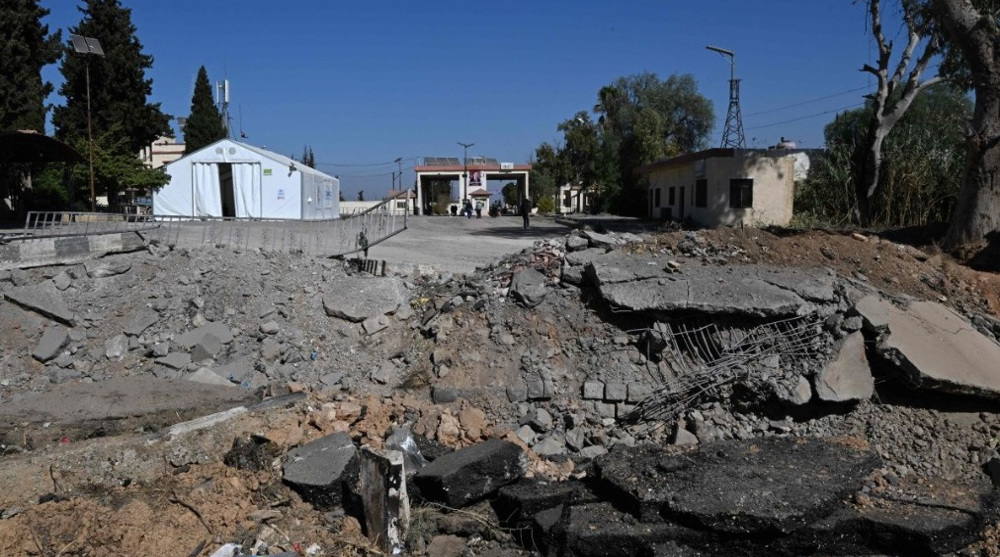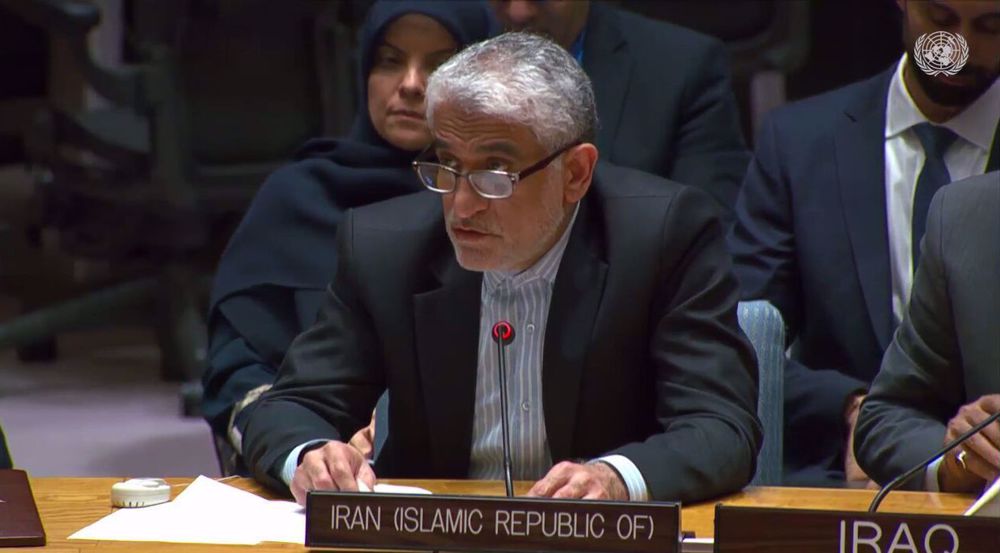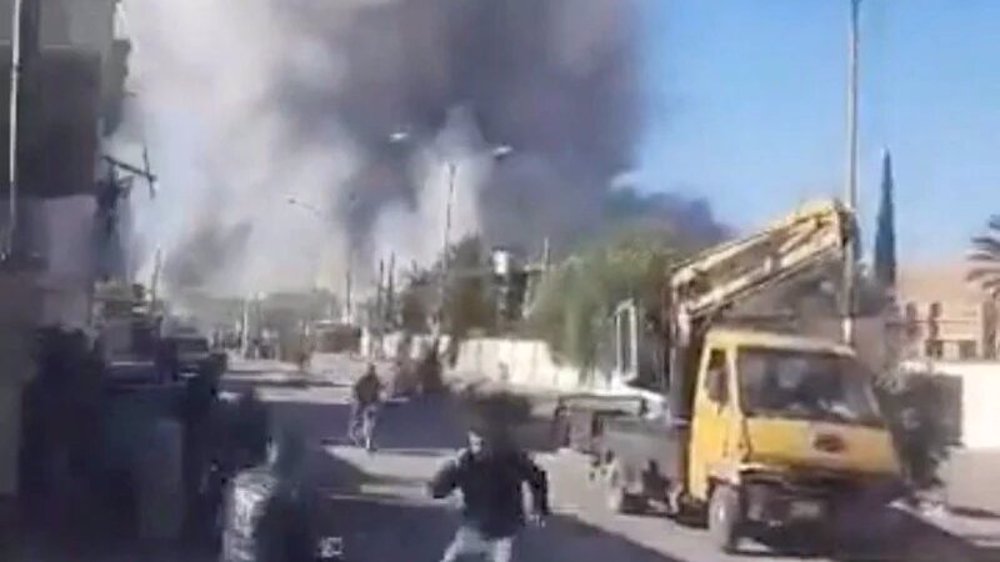6th round of UN-brokered Syria peace talks starts in Geneva
The sixth round of Syrian peace talks has begun under the auspices of the United Nations (UN) in the Swiss city of Geneva on Tuesday as part of efforts to facilitate a political resolution of the deadly conflict in the Arab country.
The five previous rounds of the UN-mediated negotiations in Geneva brought together representatives from the Damascus government and opposition groups but failed to yield concrete results.
Syria’s warring sides have also attended four rounds of peace talks brokered by Iran, Russia and Turkey in the Kazakh capital, Astana. The Astana talks have most recently produced a memorandum of understanding on de-escalation zones in Syria, sharply reducing fighting in the country.
The agreement also envisages the creation of conditions for the delivery of medical assistance, the restoration of damaged infrastructure, and the return of displaced civilians to their homes.
Read more:
At a news conference in Geneva on Monday, UN Special Envoy for Syria Staffan de Mistura stressed that the Astana and Geneva peace talks on the settlement of the Syrian crisis worked “in tandem.”

“There is no doubt that this (Astana) meeting was urgent also in view of the Astana memorandum…,” he said, referring to the agreement on the de-escalation zones.
Earlier, he had said of the results of the Astana talks, “There have been some outcomes which we find extremely potentially promising.”
The UN envoy also said in his Monday remarks that Syrian President Bashar al-Assad’s interest in finding a political solution to the Syria crisis was shown by his sending of a delegation to Geneva.
He further said that the latest round of the Geneva talks would be working all week on the “four baskets” of governance, a new constitution, elections and the fight against terrorism.
The de-escalation of violence in Syria “cannot be sustained unless there is a political horizon in one direction or the other,” he said.
Syria’s main opposition bloc, the Syrian High Negotiations Committee (HNC), has indicated more interest in the Geneva negotiations but has attended the Astana talks as well.
Separately on Monday, Russian President Vladimir Putin said Russian, Iranian, and Turkish representatives are in touch with the Syrian government to draw the lines of the safe zones and then deal with the monitoring procedure.
The important of Venezuela for Iran
Iran beats traditional rival Russia in freestyle and Greco-Roman wrestling friendly
Rape trials trigger protests against French ‘sexist and misogynistic’ culture
US photographer opens Berlin exhibition with anti-Israel speech
VIDEO | Press TV's News Headlines
VIDEO | US 'non-profit killer’ bill targets pro-Palestinian groups
Explainer: How Yemeni military chased away US aircraft carrier from Red Sea?
French march for women of Palestine















 This makes it easy to access the Press TV website
This makes it easy to access the Press TV website